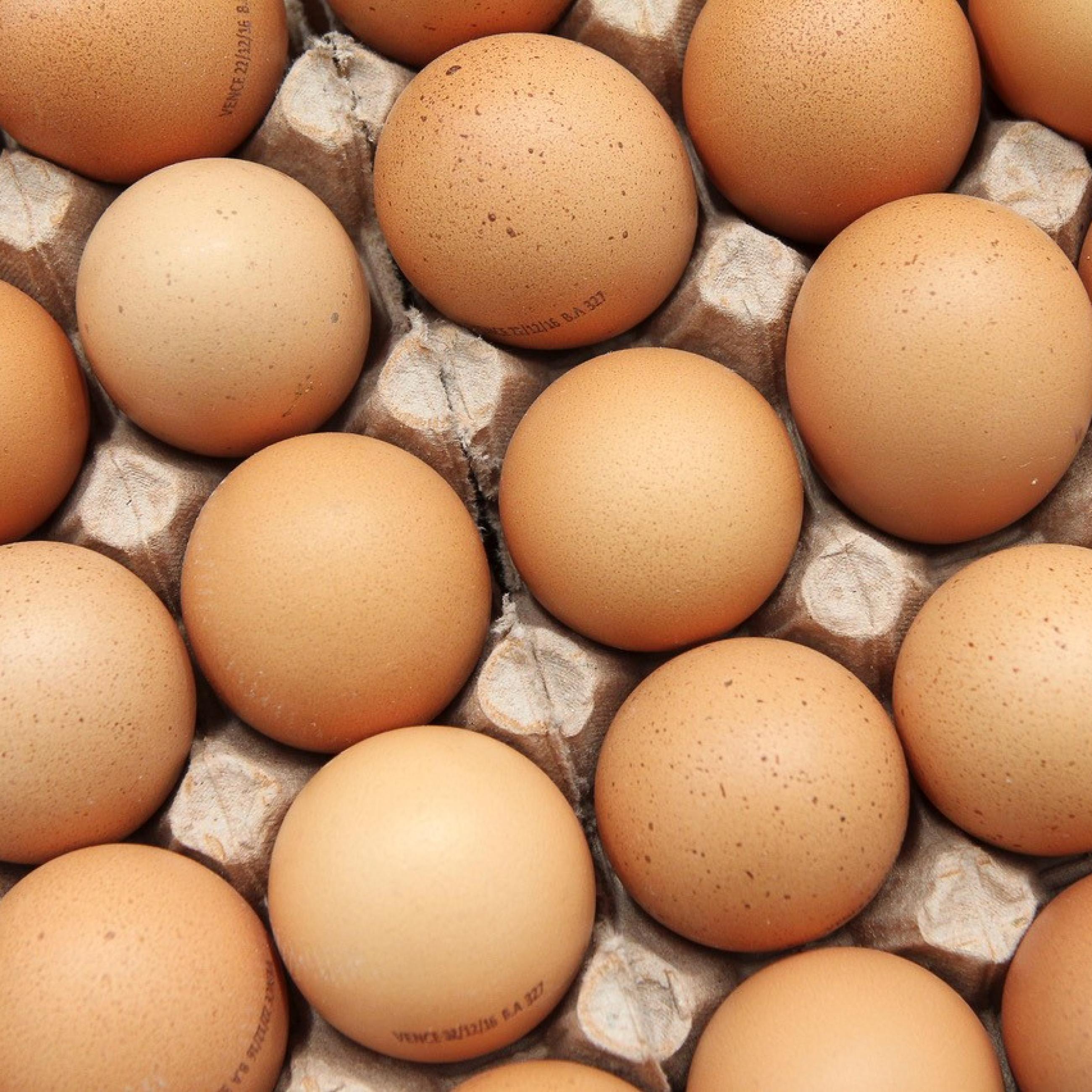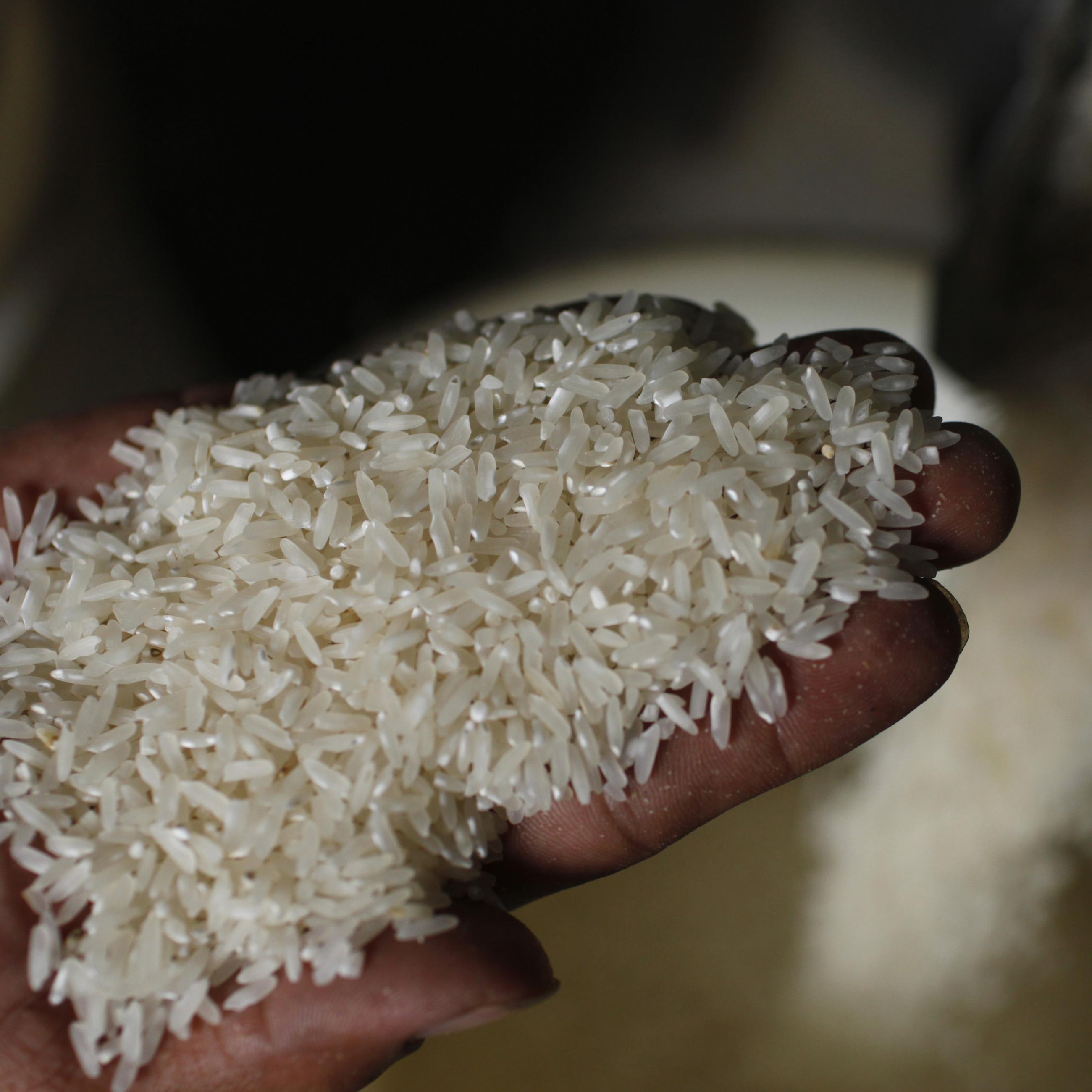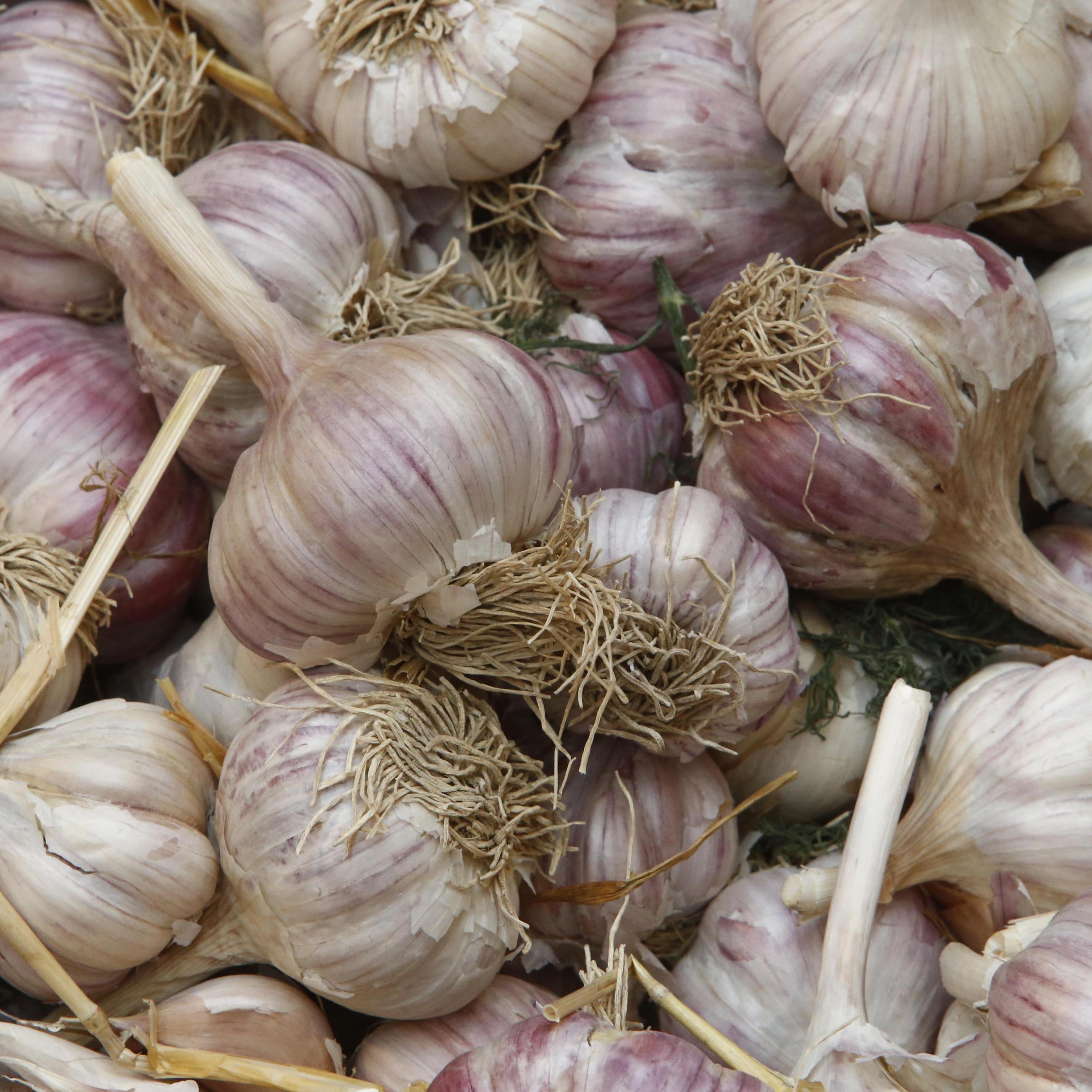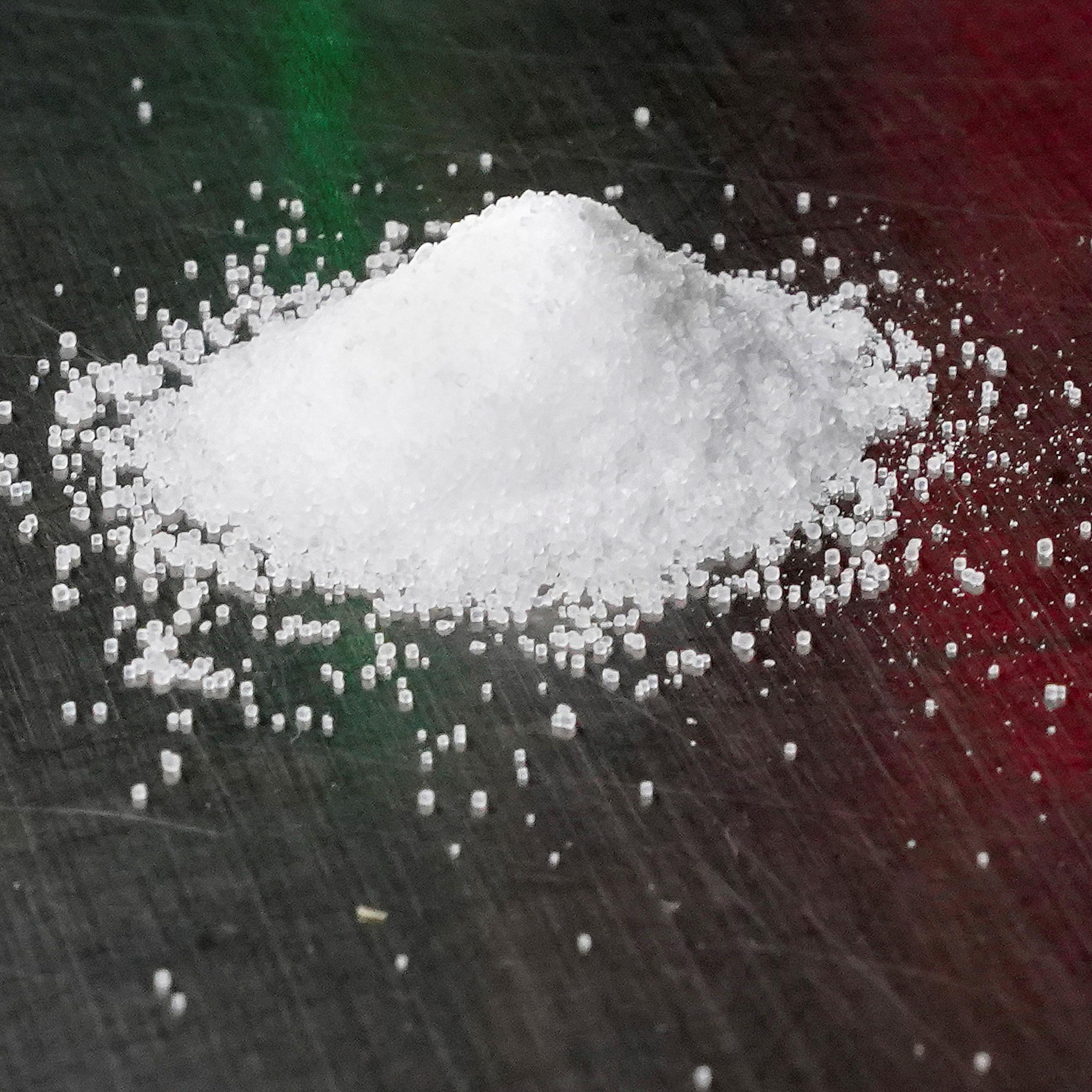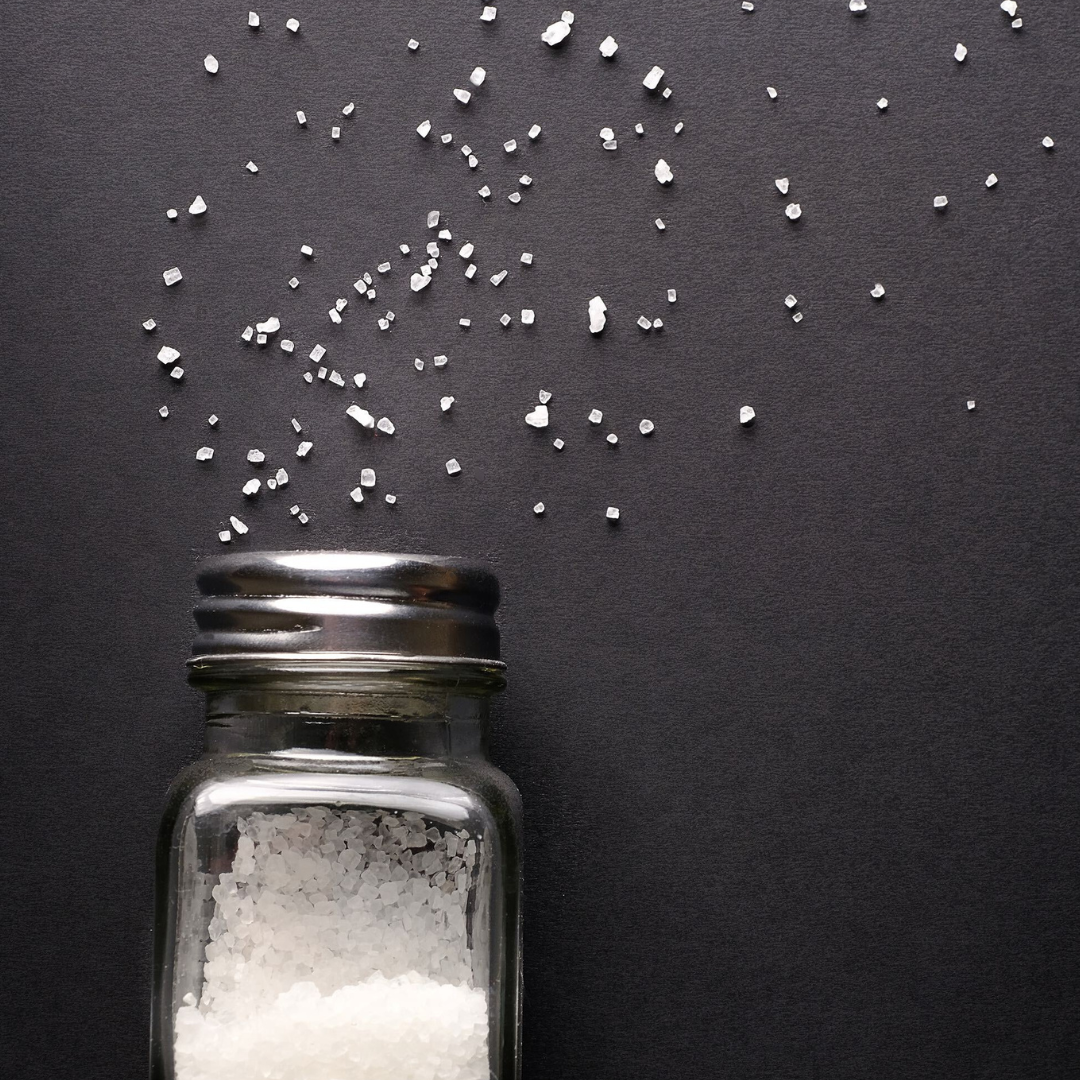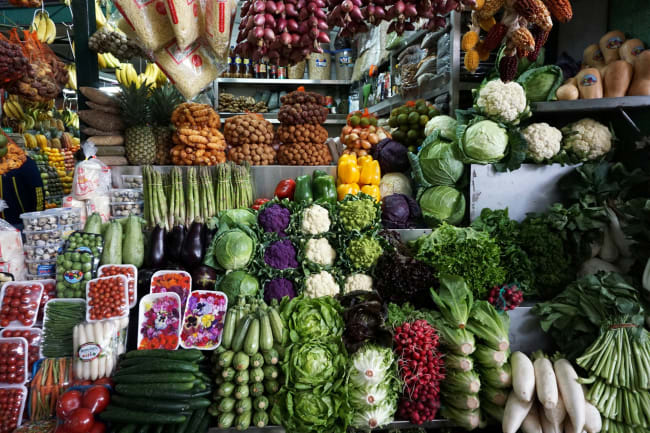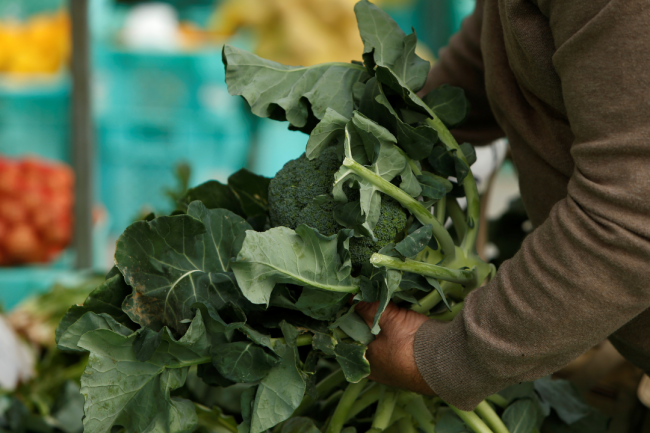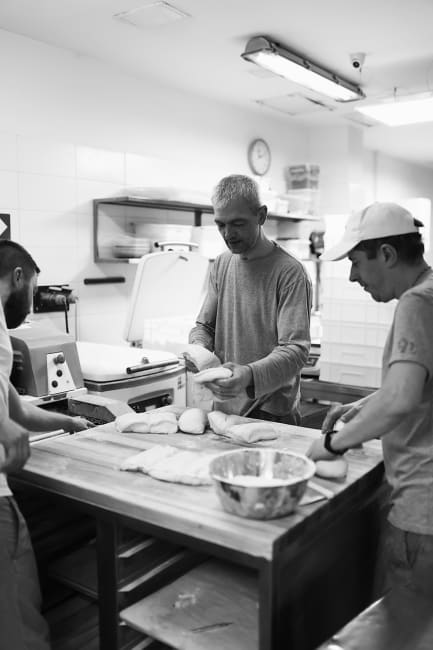For centuries, superstitions about luck, health, and safety have been passed down from generation to generation in many families and cultures. For example, most people know the old saying that walking under a ladder can bring you bad luck, or that knocking on wood can help avoid a jinx.
What might not be common knowledge is that, in many places around the world, foods have different beliefs and superstitions attached to them—some carry a power for good and others are a bad omen.


